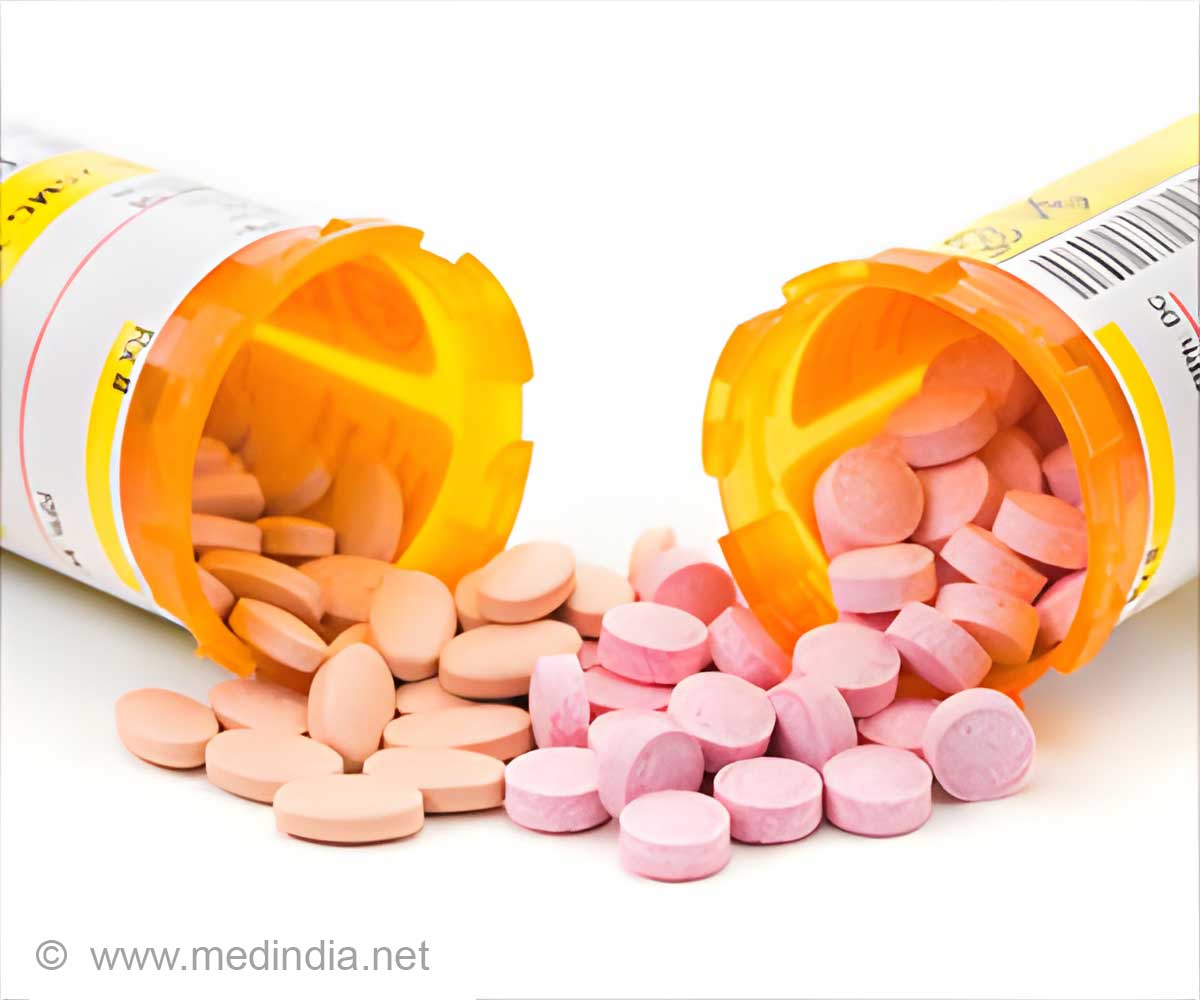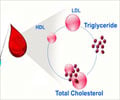Use of combination of statin with niacin or fenofibrate for the treatment of high cholesterol levels is no longer approved by the FDA.

- The FDA is withdrawing approvals on the use of combination of either delayed release fenofibrate or niacin extended-release tablets with a statin
- The combinations did not prove to be effective in reducing cardiovascular disease in large clinical trials
- The combinations were associated with more side effects as compared to the use of the statin alone
- Several new formulations that are yet to be released in the market will be hit by this decision
An earlier communication from the FDA had alerted that fenofibrate did not reduce the risk of heart attack or stroke. This was based on inputs from the Action to Control Cardiovascular Risk in Diabetes (ACCORD) Lipid trial conducted in diabetes patients, where patients who received a combination of the statin simvastatin and fenofibrate did not experience additional benefit in preventing a serious cardiac event over those who were administered only simvastatin.
Based on another study that used niacin with or without simvastatin, the Atherothrombosis Intervention in Metabolic Syndrome with Low HDL/High Triglycerides: Impact on Global Health Outcomes (AIM-HIGH), scientists concluded that the combination of niacin and a statin did not provide additional benefit and was in fact associated with additional side effects. The trial was prematurely terminated.
Another trial, The Heart Protection Study 2–Treatment of HDL to Reduce the Incidence of Vascular Events (HPS2-THRIVE) study evaluated the use of niacin along with another drug laropiprant in patients taking simvastatin with or without ezetimibe. The lack of efficacy along with a higher incidence of complications were noted with the combination containing niacin.
Thus, the use of these combinations containing delayed release fenofibrate or extended-release niacin with a statin is not warranted. Physicians should avoid using fenofibrate or niacin in patients already taking a statin to control their cholesterol levels. The manufacturing pharmaceutical companies have themselves advised the FDA regarding withdrawal of the approval and will not be applying for a hearing against the withdrawal.
- https://www.federalregister.gov/articles/2016/04/18/2016-08887/abbvie-inc-et-al-withdrawal-of-approval-of-indications-related-to-the-coadministration-with-statins
- Hassan M. HPS2-THRIVE, AIM-HIGH and dal-OUTCOMES: HDL-cholesterol under attack. Glob Cardiol Sci Pract. 2014; 2014(3): 235–240.
- http://www.fda.gov/Drugs/DrugSafety/ucm278837.htm















